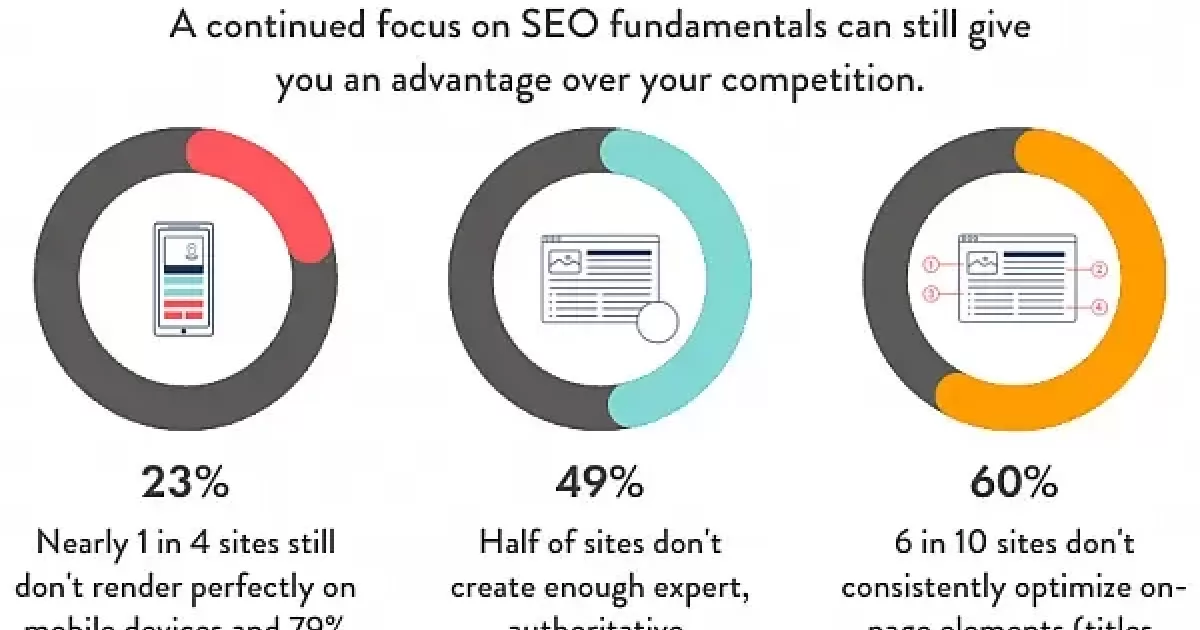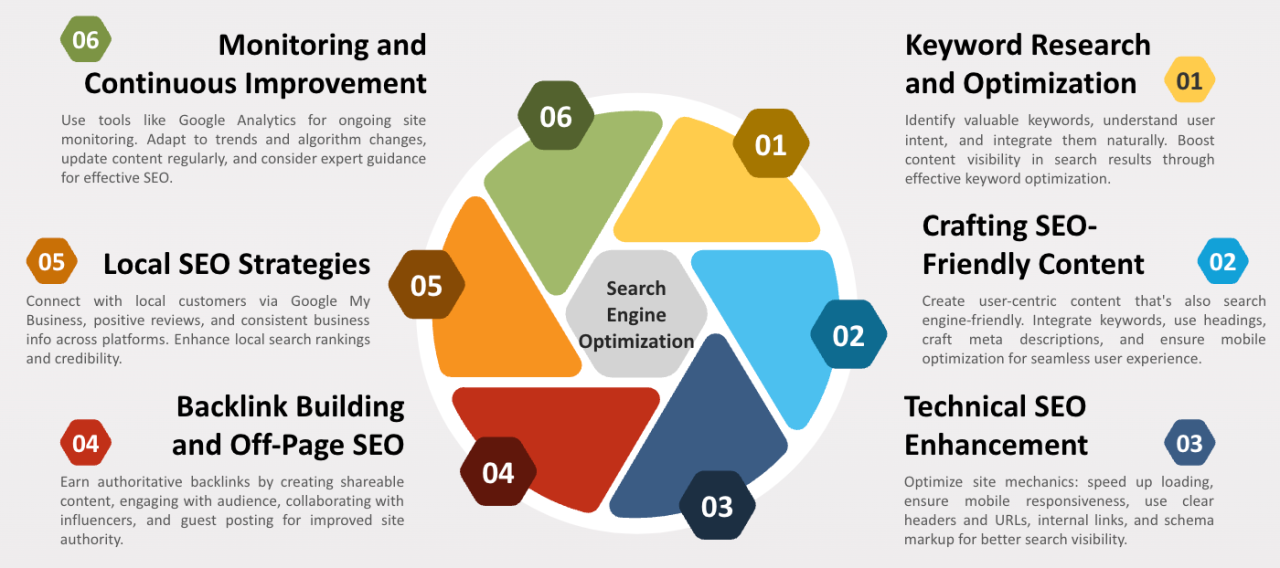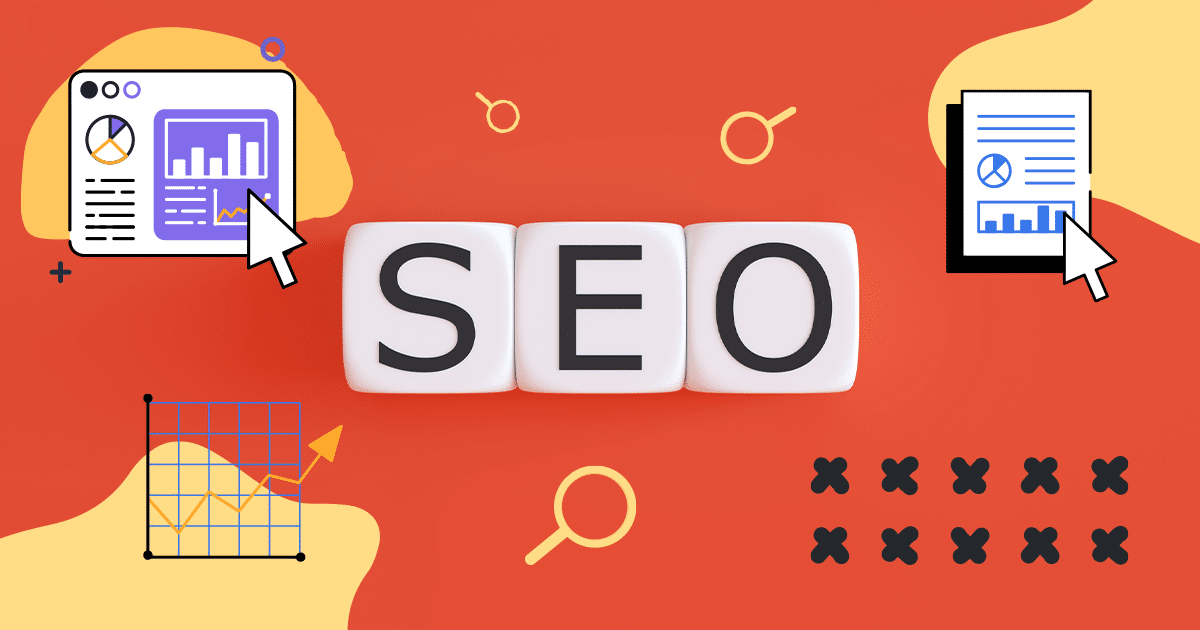Uncover the mystery behind SEO position and how it can make or break your online visibility and success. Don’t miss out!

Image courtesy of via DALL-E 3
Table of Contents
Introduction to SEO
Do you ever wonder why some websites show up at the top of your search results while others are harder to find? It’s all thanks to SEO! SEO, which stands for Search Engine Optimization, is like a special set of rules or tricks that help websites appear higher in search results. Think of it as a treasure map that leads people to your website like a hidden treasure chest!
What is SEO?
SEO, or Search Engine Optimization, is all about making your website more visible on the internet. By using specific techniques, you can help search engines like Google find your site and show it to people who are looking for what you offer. The goal is to make sure your website is easy to find and ranks well in search results.
Why is SEO Important?
Having good SEO is crucial for websites because it means more people can discover your site. Imagine having a lemonade stand in the middle of a busy street where everyone can see it easily – that’s what good SEO does for your website. The easier it is for people to find you, the more visitors you’ll have, and the better chance you have of sharing your message with the world!
How Search Engines Work
Search engines are like magic portals that help you find what you’re looking for on the internet. Have you ever wondered how they decide which websites to show first when you search for something? Let’s dive into the fascinating world of search engines like Google and uncover the secrets behind how they work!
What Are Search Engines?
Search engines are like super-smart librarians that have massive collections of websites stored in their magical databases. When you type something into the search bar, like “funny cat videos,” the search engine quickly sifts through its collection and presents you with a list of websites that match your query. Some popular search engines include Google, Bing, and Yahoo.
How Do Search Engines Rank Websites?
Now, let’s unravel the mystery behind how search engines decide which websites to show first. They use a special process called ranking to determine the order of search results. Search engines look for important clues on websites, like keywords (the words people type into the search bar), good content (helpful and interesting information), and user-friendly websites (easy to navigate and read).
Imagine search engines as detectives trying to solve a puzzle. They carefully analyze websites to see if they contain the right keywords that match what people are searching for. Then, they look for high-quality content that provides valuable information to users. Lastly, they prefer websites that are easy to use and navigate, making sure visitors have a pleasant experience.
Keywords and Content
When it comes to boosting your website’s visibility on the internet, two key factors play a significant role: keywords and content. Let’s dive into how these elements work together to help your website stand out in search engine results.

Image courtesy of via Google Images
What Are Keywords?
Keywords are like secret codes that people type into search engines when they are looking for something specific. Imagine you are trying to find a recipe for your favorite dessert. You would type in words like “chocolate cake recipe” to help the search engine show you relevant results. By using the right keywords in your content, you make it easier for search engines to connect your website with people searching for those terms.
Importance of Good Content
While keywords are essential, having high-quality content is just as crucial. Think of your website as a book, and each page is a chapter filled with valuable information. When you create engaging, informative content that people enjoy reading, you not only attract visitors but also keep them coming back for more. Good content keeps your audience interested and helps search engines see your site as a reliable source of information.
On-Page SEO Techniques
On-page SEO techniques are strategies that can be implemented directly on your website to improve its search engine ranking. By optimizing certain elements on each page, you can increase your chances of being found by users searching for relevant information.
Using Good Titles
One important on-page SEO technique is using good titles for your web pages. A clear and catchy title helps both search engines and people understand what your page is about. Including relevant keywords in the title can also boost your visibility in search results.
Meta Descriptions
Meta descriptions are brief summaries of your page’s content that appear below the title in search results. Writing a compelling meta description can entice users to click on your link, leading to increased traffic to your site. Make sure to include relevant keywords to improve your search ranking.
Proper URL Structure
Having a simple and clear URL structure is another on-page SEO technique that can benefit your website. Search engines use URLs to understand the content of your pages, so it’s essential to choose descriptive URLs that reflect the page’s topic. Avoid using long or confusing URLs that can make it harder for search engines to index your site.
Off-Page SEO Techniques
Backlinks are like endorsements from other websites. They are links on other sites that lead back to your site. When many other websites link to yours, it tells search engines that your site is trustworthy and has good information. It’s like having lots of friends saying how great you are!

Image courtesy of via Google Images
Social Media
Social media is like a big party where you can share all the cool things on your website. By sharing your website’s content on social media platforms like Facebook, Twitter, or Instagram, you can attract more visitors to your site. It’s like telling all your friends about a fun event – the more people know, the more likely they are to come!
Technical SEO
When you visit a website, do you like waiting for it to load? Probably not! That’s why website speed is so important. Search engines, like Google, prefer websites that load quickly because they want to give users a good experience. Imagine trying to open a treasure chest. If it takes too long to open, you might get bored and walk away. The same goes for websites – if they take too long to load, people might leave before they even see the content.
Mobile-Friendliness
Have you ever tried to open a website on your phone, and it looks all squished and hard to read? That’s because it’s not mobile-friendly. Nowadays, many people use their phones to surf the web, so it’s crucial for websites to look good and work smoothly on mobile devices. Think of your website like a treasure map – it should be easy to read and follow on any device, whether it’s a laptop, tablet, or phone.
Measuring Your SEO Performance
Now that you’ve learned about the importance of SEO and various techniques to improve your website’s visibility, it’s essential to know how to measure the effectiveness of your SEO efforts. By tracking and analyzing data, you can see what’s working well and what areas need improvement.

Image courtesy of via Google Images
Using Analytics Tools
One way to measure your SEO performance is by using analytics tools. These tools provide valuable insights into your website’s traffic, user behavior, and conversion rates. Google Analytics is a popular and user-friendly tool that can help you see how many people are visiting your site, which pages they are viewing the most, and how long they are staying on your site.
Monitoring Changes
It’s important to regularly monitor changes in your website’s performance to understand the impact of your SEO efforts. By keeping an eye on key metrics like organic traffic, bounce rate, and keyword rankings, you can track the progress of your SEO strategy. Make it a habit to check these metrics regularly so you can adjust your strategy accordingly.
SEO Best Practices
One of the best ways to improve your website’s SEO is by regularly updating your content. This means adding new and interesting articles, blog posts, or other types of content to your site. Search engines love fresh content because it shows that your website is active and relevant. So, make sure to keep your website updated with the latest information to attract more visitors!
Follow Search Engine Guidelines
It’s crucial to follow the guidelines set by search engines to maintain a healthy SEO status for your website. Search engines like Google have rules in place to ensure fair and relevant search results. By sticking to these guidelines, you can prevent your site from being penalized or even removed from search results. So, play by the rules and keep your website in good standing with search engines!
Conclusion
Throughout this article, we have explored the fascinating world of SEO, or Search Engine Optimization. We learned that SEO is like a set of tricks that help websites show up higher in search results, making them more visible to people looking for information on the internet.

Image courtesy of via Google Images
Why SEO Matters
Having good SEO is essential because it acts like a treasure map leading people to your website. Just like how a map guides you to hidden treasure, SEO guides users to your valuable content.
By understanding how search engines work, the importance of keywords, and utilizing on-page and off-page SEO techniques, you can improve your website’s ranking and visibility. Remember, good content and following SEO best practices are key to success in the online world.
By implementing these strategies and regularly monitoring your site’s performance, you can ensure that your website remains competitive and easily discoverable by those seeking the information or products you offer. SEO is a powerful tool that, when utilized effectively, can significantly impact your online presence and visibility.
Frequently Asked Questions (FAQs)
What if I don’t use keywords?
If you don’t use keywords, it might be like trying to find a hidden treasure without a map. Keywords are the words people type into search engines when they are looking for something. By not using keywords, search engines may not understand what your website is about, making it harder for them to recommend it to people searching for similar things.
Do I need to know coding to do SEO?
While knowing coding can be helpful for some advanced SEO techniques, you don’t necessarily need to be a coding expert to improve your website’s visibility. There are many SEO techniques that don’t require coding skills, like using the right keywords, creating valuable content, and making sure your website is user-friendly. So, you can still work on improving your website’s SEO even if you’re not a coding whiz!







